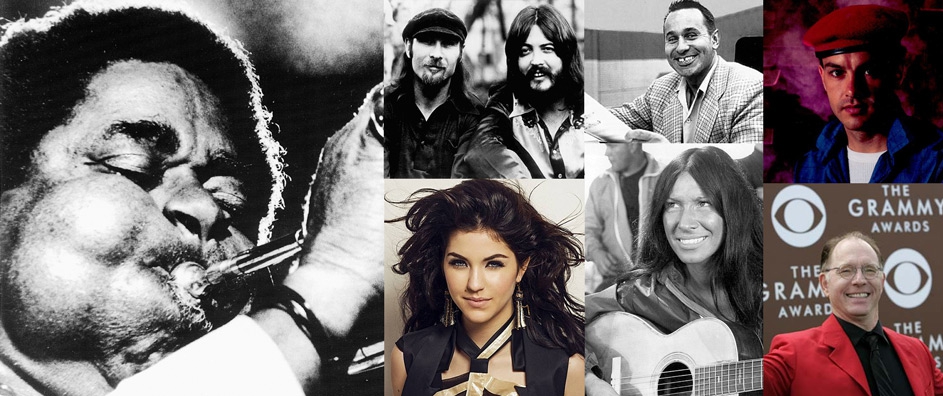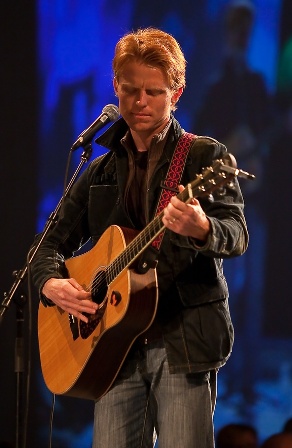The views expressed in our content reflect individual perspectives and do not represent the authoritative views of the Baha'i Faith.
Music has a special place in the world for Baha’is. We not only love music, and encourage its creation, Baha’is believe that music can have a powerful impact on our spiritual lives:
Among some of the nations of the Orient, music and harmony was not approved of, but the Manifested Light, Baha’u’llah, in this glorious period has revealed in Holy Tablets that singing and music are the spiritual food of the hearts and souls. In this dispensation, music is one of the arts that is highly approved and is considered to be the cause of the exaltation of sad and desponding hearts. – Abdu’l-Baha, Baha’i World Faith, p. 377.
Last year, at a Baha’i Summer School near the Polish seaport of Gdansk, a group of teenagers asked me about my musical heroes. In addition to Dizzy Gillespie, Buffy Sainte-Marie, Russell Garcia, Celeste Buckingham, Doug Cameron, Red Grammer, Grant Hindin Miller, Jimmy Seals and Dash Crofts, most of whom I have had the chance to meet, I introduced them to the name Martin Kerr. I have had the honor of knowing Martin since he was a wide-eyed lad of three, an intense and kind-hearted boy who peered intently into life and saw the nuance and happenstance that others neglected to see. I remember young Martin asking his parents if the reason why Jesus admonished people to love their neighbors was because everyone else in the world lived too far away. These are words that have long lingered in my heart. With innocent logic he concluded that when he grew up he would travel so he could make new neighbors. Martin loved to sing and as he grew older and perfected his gift, he maintained his sense of propriety and dignity. And now, with children of his own, the timbre of his voice still resounds with the unfeigned sincerity of his character.
Whenever I listen to Martin live, I watch the people around me. It’s fascinating. Regardless of the selection he performs, be it an original composition or a cover of another artist’s song, audiences don’t just tap or clap or sing along, they listen intently to the lyrics. The word “hearken” seems appropriate. As I look at their faces, I see that perhaps for the first time, these people hear the subtext of their lives resonating in the lyrics sung by Martin’s voice, a clear conduit for delivering inner meanings. Philosophically, Martin intends to bring rapture to the heart with his music, and to fill listeners’ minds with ecstasy, because as he sometimes reminds people: God created music as a ladder for the soul. But the ease with which he accomplishes this is captivating to watch. There is a sense of presence about him, more than just the practiced posture and poise, tone and timing of an artist comfortable on stage. It is always an uplifting experience, perhaps because I am not often around such selflessness. Whether up under the lights on stage with his acoustic guitar and plectrum in hand, or in the more subdued lighting of a living room holding a child or two in his lap, this presence is his nature.
Like his life, Martin’s music has substance and spirituality. This singer-songwriter intones his repertoire as melodious prayers for the neighborhood of humankind. I hope he and other Baha’i musicians like him are recognized as the precursors of a new musicality, foreshadowing a future standard that finally transcends the current material-obsessed, baby-baby-baby, ego driven, morally-shallow, jarring, repetitious productions that often fill our ears. As I told the next generation of Central Europe, the world needs more soul-awakening songs which soar high above the present. We need melodies and lyrics which will develop the spirit, advance social harmony and personal exhilaration, and thus become conducive to unfolding the inner potentialities of life. We need to hear more soft, delicate celestial strains which stream down from the kingdom of angels through artists like Martin Kerr.

















Comments
Sign in or create an account
Continue with Googleor